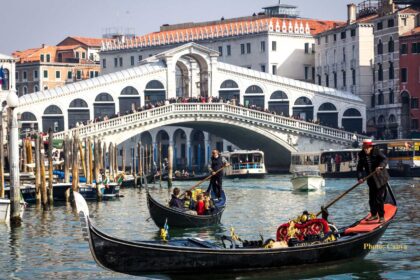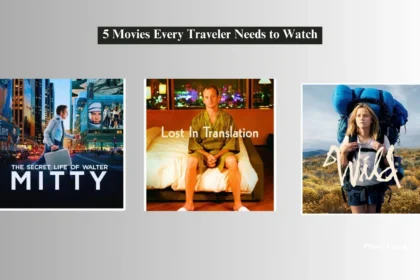Introduction
Africa, a continent of diverse cultures, landscapes, and opportunities, is becoming an increasingly popular destination for expatriates seeking new experiences. Among the many factors that potential foreign residents consider, affordability often plays a crucial role. In this article, we will explore some of the most budget-friendly cities for foreigners in Africa, highlighting key aspects that make them attractive for those looking to relocate without breaking the bank.
Kigali, Rwanda: The Clean and Green Gem of East Africa

Kigali, the capital city of Rwanda, has gained recognition for its cleanliness, safety, and green initiatives. The cost of living in Kigali is relatively lower compared to other African capitals, making it an appealing choice for expatriates. Affordable housing options, reasonably priced public transportation, and a thriving community make Kigali an attractive destination for those on a budget.
Accra, Ghana: A Vibrant Hub with Affordable Living
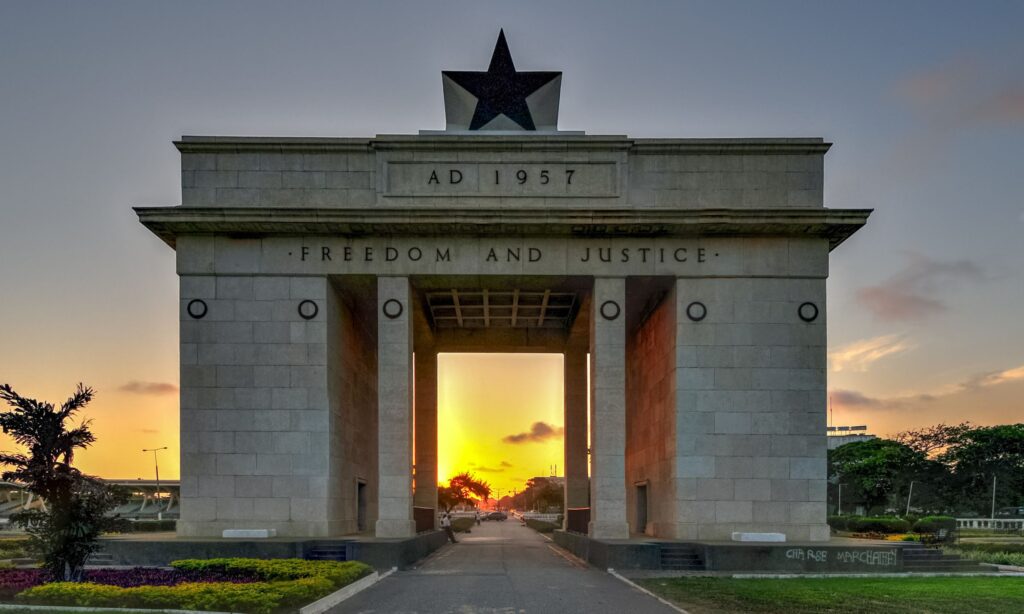
Accra, the bustling capital of Ghana, combines a vibrant cultural scene with a reasonable cost of living. The city offers a range of accommodation options to suit various budgets, and the cost of food and transportation is generally affordable. Expats in Accra enjoy a rich blend of tradition and modernity, making it an engaging destination for those looking for an authentic African experience without breaking the bank.
Dakar, Senegal: Where West African Charm Meets Affordability
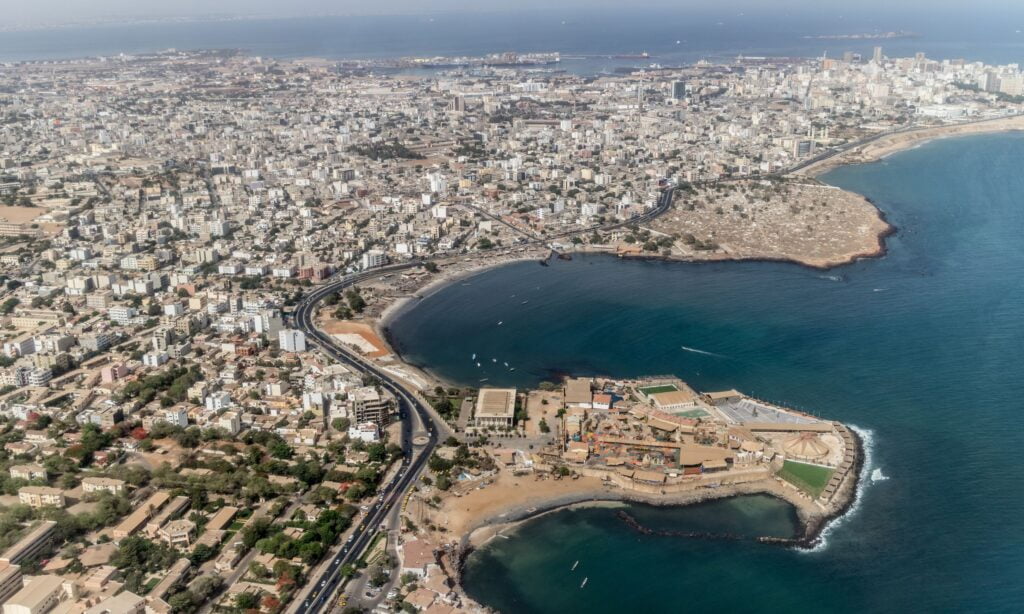
Dakar, situated on the Cape Verde Peninsula along the Atlantic coast, is known for its lively music scene, colorful markets, and warm hospitality. The cost of living in Dakar is relatively low, making it an attractive option for foreigners. Affordable street food, reasonably priced housing, and a welcoming local community contribute to the city’s appeal for expatriates seeking an affordable yet enriching experience.
READ ALSO: The Ultimate South Africa Travel Guide: A Journey through Diversity
Lusaka, Zambia: A Serene Capital in Southern Africa
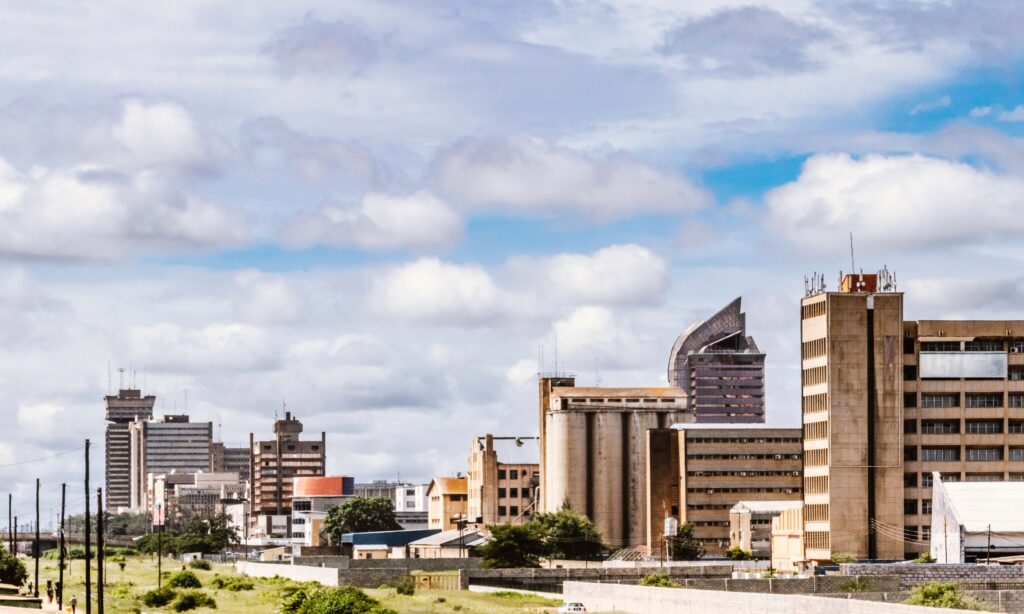
Lusaka, the capital of Zambia, is characterized by its serene atmosphere and welcoming locals. The city offers a lower cost of living compared to some other Southern African cities. Expats can find reasonably priced accommodation, affordable public transportation, and a variety of local markets where everyday necessities are budget-friendly. Lusaka’s tranquil surroundings make it an ideal destination for those seeking a more relaxed pace of life.
Addis Ababa, Ethiopia: A Blend of Culture and Affordability
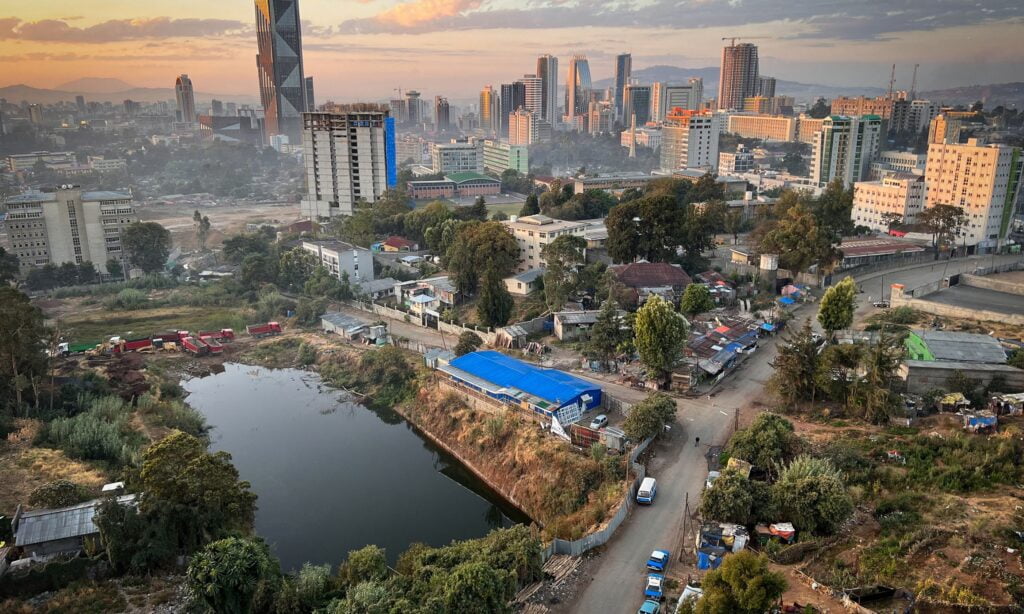
Addis Ababa, Ethiopia’s capital and diplomatic hub, is a city where rich cultural heritage meets budget-friendly living. The cost of living in Addis Ababa is generally lower than in many other African capitals, with affordable housing options and reasonably priced goods and services. The city’s diverse culinary scene and cultural attractions add to the overall appeal for expatriates seeking an affordable yet culturally rich experience.
In sum, Africa offers a plethora of opportunities for foreigners seeking to immerse themselves in diverse cultures, landscapes, and communities. While affordability is a significant factor for many expatriates, it’s essential to consider other aspects such as safety, healthcare, and quality of life. The cities mentioned – Kigali, Accra, Dakar, Lusaka, and Addis Ababa – stand out as budget-friendly options without compromising on the unique experiences that Africa has to offer. As always, thorough research and consideration of personal preferences are key when choosing the most suitable destination for a fulfilling life abroad.
Frequently Asked Questions: Affordable African Expat Cities
Q: Which African cities are considered affordable for expatriates?
A: Several African cities are known for their affordability for expatriates. Some popular choices include Kigali (Rwanda), Accra (Ghana), Dakar (Senegal), Lusaka (Zambia), and Addis Ababa (Ethiopia). These cities offer a reasonable cost of living while providing diverse cultural experiences.
Q: What factors make a city affordable for expatriates in Africa?
A: Affordability for expatriates in African cities is influenced by various factors, including the cost of housing, transportation, food, healthcare, and education. Additionally, favorable exchange rates, government policies, and local economic conditions play a role in determining overall affordability.
Q: Is safety a concern in these affordable African expat cities?
A: Generally, the cities mentioned prioritize safety, and expatriates often find them secure. However, it’s advisable to research and stay updated on the safety conditions of any destination. Taking standard precautions and following local guidelines can enhance the overall safety experience.
Q: Are there job opportunities for expatriates in these cities?
A: Job opportunities for expatriates vary depending on the city and industry. Some cities, particularly those with growing economies, offer diverse employment prospects. It’s recommended to research specific industries and job markets in each city to assess the availability of opportunities.
Q: How is the healthcare infrastructure in affordable African expat cities?
A: Healthcare infrastructure varies across cities, but many African capitals have well-established healthcare facilities. Expatriates often have access to both public and private healthcare services. It’s essential to understand the local healthcare system and consider health insurance options for expatriates.
Q: Are there international schools for expatriate children in these cities?
A: Yes, many affordable African expat cities host international schools that cater to the needs of expatriate children. These schools often follow international curricula and offer a multicultural environment. Researching and selecting a suitable school is crucial for expat families.
Q: How can expatriates adapt to the local culture in these cities?
A: Adapting to local culture involves openness, cultural awareness, and a willingness to learn. Engaging with the local community, participating in cultural events, and learning the local language can facilitate a smoother transition. Expatriate communities and cultural exchange programs are also valuable resources.
Q: What are the visa requirements for expatriates in these cities?
A: Visa requirements vary by country, and expatriates should check the specific regulations for their chosen destination. Many African countries offer different visa categories, such as work visas or residence permits, and the application process may involve documentation, fees, and compliance with local laws.
Q: How can expatriates find affordable housing in these cities?
A: Expatriates can explore various housing options, including apartments, houses, or serviced accommodations. Local real estate websites, expatriate forums, and professional relocation services are valuable resources for finding affordable and suitable housing in these cities.
Q: What advice do experienced expatriates offer for those considering a move to these cities?
A: Experienced expatriates often recommend thorough research, networking with the local community, and embracing cultural differences. Understanding local customs, being financially prepared, and maintaining a positive mindset contribute to a successful expatriate experience in these affordable African cities.
Conclusion
In the quest for new horizons and cultural enrichment, finding an affordable yet vibrant destination is a key consideration for many expatriates. The African continent, with its diverse landscapes and rich cultural tapestry, has several cities that not only welcome but also embrace foreigners without placing an undue strain on their wallets.
From the serene streets of Kigali, where cleanliness and safety harmonize with affordability, to the lively markets of Dakar, where West African charm meets budget-friendly living, these cities offer unique experiences for expatriates seeking more than just a change of scenery. Accra’s blend of cultural vibrancy and affordability, Lusaka’s tranquil ambiance, and Addis Ababa’s rich cultural heritage all contribute to the allure of living in these cities without compromising financial stability.
As with any international move, thorough research and consideration of personal preferences are paramount. Safety, healthcare, job opportunities, and education for expatriate children are crucial factors that complement the affordability quotient. These cities, with their diverse offerings, strike a balance that makes them not only economical but also culturally enriching for those seeking a genuine African experience.
In conclusion, the affordability of expat life in African cities extends beyond just monetary considerations. It encapsulates the warmth of local communities, the beauty of diverse landscapes, and the opportunity to engage with cultures that have stories to tell. As expatriates embark on this journey, armed with the insights provided, they can navigate the terrain of these African cities and discover a home away from home that aligns with both their budget and their aspirations for a fulfilling expatriate experience.
In another related article, Where to Go in Africa: Top 5 Countries for an Unforgettable Experience




